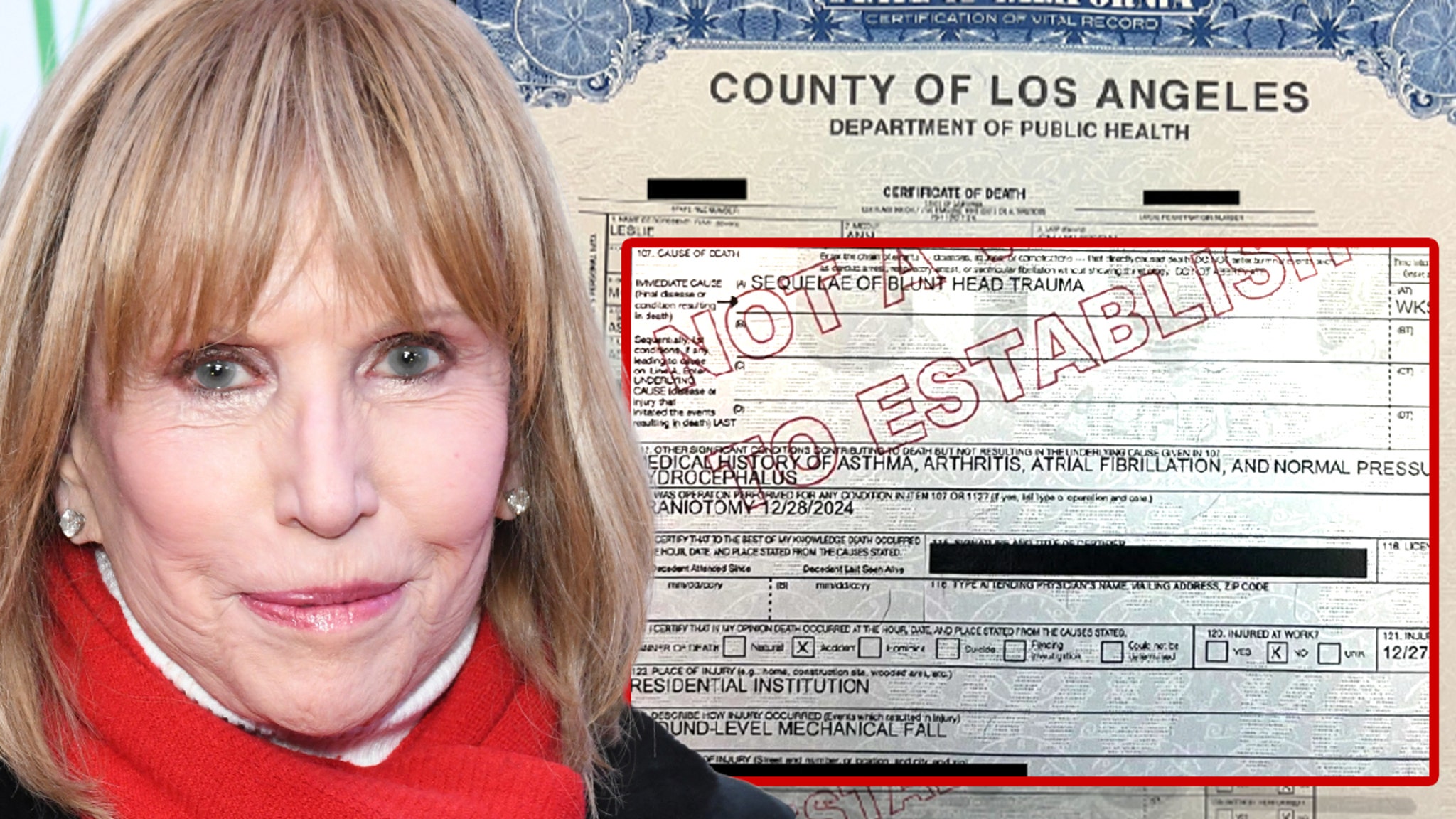Culture
Book Review: ‘The Echoes,’ by Evie Wyld

THE ECHOES, by Evie Wyld
Death and its ambassadors, ghosts, are perpetually in style. Lookit: Just yesterday, in fact, several people died. Already this year, two movies on the topic have premiered: a remastering of Michael Roemer’s brilliant 1976 cinéma vérité film “Dying,” and “Presence,” Steven Soderbergh’s paranormal thriller about a ghost haunting the new home of a seemingly typical family. Both reminded me of Max, the charming ghost protagonist of “The Echoes,” Evie Wyld’s fourth novel. I’m not spoiling anything by revealing his death: Max is dead in the first sentence of the book. But he has not been allowed to move on, or even leave his London flat.
How has Max died and why is his spirit anchored on the earthly plane? Those are the first two mysteries of “The Echoes.” Max is stumped on the first question; for the second, he has a theory — perhaps he’s stuck because he still has matters to settle with his girlfriend, Hannah. “Love is what brings about a ghost — isn’t it? The unfinished business of love.” Until Max’s death, he and Hannah lived relatively peaceably, though Hannah maintained a pesky unknowability. She never let him meet her estranged family and she never spoke much about her hometown, a tortured scratch of land in Australia’s bush country called (pointedly) the Echoes.
The novel cycles between four chapter types, always in this order: “After,” “Before,” “Then” and what we’ll in this review call “[Character].” “After” is narrated by Max’s ghost following his death; “Before” follows Hannah grappling with her own problems while Max is still alive; “Then” flashes back even further, tracking the troubled childhood that Hannah refuses to share; and “[Character]” chapters are each named for and contain the point of view of different figures from Hannah’s past.
Because the novel skips around in time, in some cases with flashbacks buried in flashbacks, its perch — the point of telling — is at first hard to pin down. For the sake of simplicity, I decided it was in the “After” chapters, when Max watches Hannah mourn.
The novel’s focus feels most assured here and, not coincidentally, it’s in these sections that the language soars. Death has afforded Max a second, albeit tardy sight, allowing him to finally appreciate Hannah (her “eyelashes with their pinch of skin at the end”), their relationship (“I recall how she would slide her fingers along from the inside of my elbow to my wrist and how it sent small eels through me”) and the facts that shaped their days (for example, their flat with its “low ceilings like it’s keeping its head down” and moths building nests under the carpets). I could have read an entire novel dedicated to Max and Hannah’s quotidian life in London — in its best and most lyrical moments, “The Echoes” documents the messy, divine business of being alive.
But the novel’s third mystery resides far from London, in the Echoes, and unfolds in the sections detailing Hannah’s childhood. Hannah’s life, we come to find, was upended by the arrival of her ne’er-do-well Uncle Tony. Slowly, the reader learns the reason for Hannah’s familial estrangement.
The titular terrain is racked with its own calamitous past, one that haunts its residents. A chapter titled “Mr. Manningtree,” told from the perspective of the landowner’s heir, documents the history of the land, where kidnapped Aboriginal and Torres Strait Islander children were brought for “reform.” (This is historically accurate; Wyld includes an endnote attribution.) Though Mr. Manningtree grows repulsed by his family’s practices, the resulting wisdom is less revelatory than one might hope: “When his lesson was over and the girl stood he saw blood on the back of her dress and it was the first time he’d ever thought about it, but how funny to have a different-colored skin but the blood is the same.” Point of view is a gift writers bestow; in a novel with a ghost main character, I longed for more engagement with the ghosts that no doubt haunted the land.
There is a phrase often attributed to David Foster Wallace: “Every love story is a ghost story.” I thought of this while reading “The Echoes,” as Max mourns the love he failed to notice as time forges on without him. But fast-forward enough, and every story is a ghost story, because everyone in it will one day die. Though Max’s romantic afterlife seems like the heart of “The Echoes,” the novel makes the dispersal of information and the slow exposure of the characters’ secrets its engine. Thus, the story buries its revelations toward the end, forcing them to assume climactic roles. Though this produces narrative desire — we read to discover how Max died and what happened in Hannah’s childhood — I wonder if the reader would inhabit (haunt?) the characters more fully had these answers arrived earlier. Wyld’s sharp story of living doesn’t need traumatic climaxes to make its point. The time to enjoy the love we have is now.
THE ECHOES | By Evie Wyld | Knopf | 226 pp. | $28





























